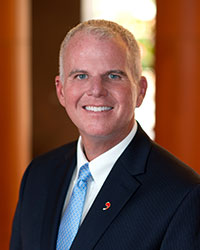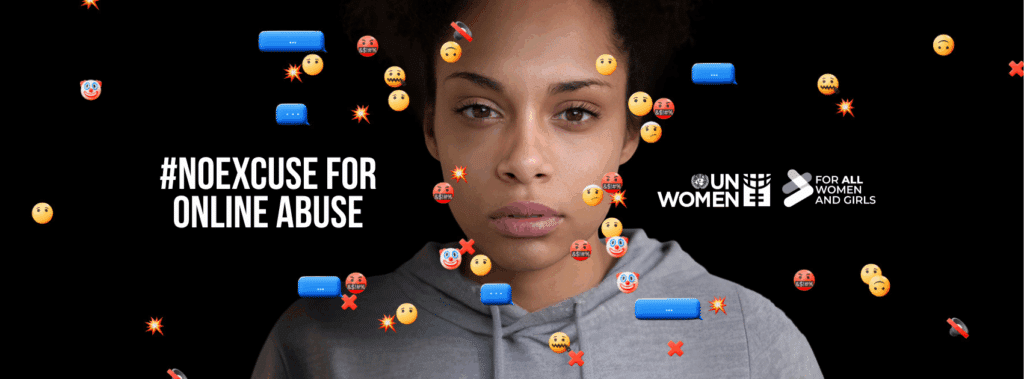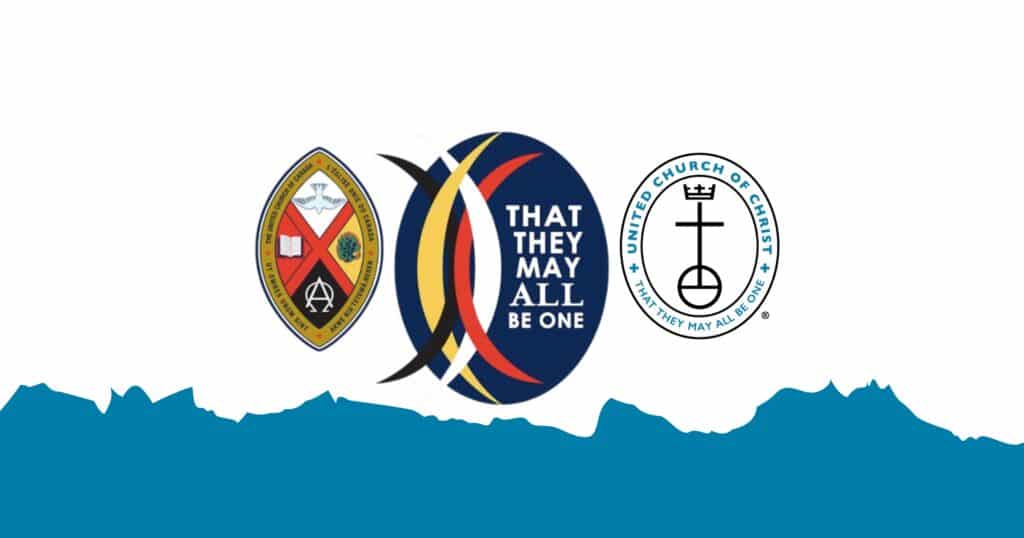Commentary: Everyone Loves a Domesticated Prophet
 On Jan. 19, I read the morning news and stopped cold at this stark headline: “Richest 1 percent soon will own over half of world’s wealth.” In case that’s hard to conceptualize, this prediction plays itself out even more perversely when presented this way: the 85 wealthiest individuals in the world now own more than the poorest 3.5 billion people combined.
On Jan. 19, I read the morning news and stopped cold at this stark headline: “Richest 1 percent soon will own over half of world’s wealth.” In case that’s hard to conceptualize, this prediction plays itself out even more perversely when presented this way: the 85 wealthiest individuals in the world now own more than the poorest 3.5 billion people combined.
That stern warning was issued by Oxfam International, an anti-poverty group, at the start of last week’s World Economic Forum in Davos, Switzerland, where some economists and activists were hoping – in vain, it now seems – to stir up conversations among gathered global leaders about the ever-widening chasm between the world’s richest few and all the rest of us.
As dour as this news is, it doesn’t come as a surprise. Five years ago, the super elite owned 44 percent of the world’s wealth, and just last year, that tally jumped considerably, up to 48 percent. At such a pace, the extremely wealthy will surpass the 50 percent point sometime in 2016, and their vast accumulation is not likely to stop there.
Ironically, Jan. 19 – the day Oxfam released its study – was also the Rev. Dr. Martin Luther King Jr. Day, a national U.S. holiday set aside to commemorate the slain religious leader’s work for racial and economic justice. I couldn’t find any clear evidence linking the British organization’s decision to release its findings on the King holiday, but what I did find striking is that no one reporting on either story seemed to make any connection between the two.
Unbelievable, since the Poor People’s Movement of the mid-1960s was the centerpiece of King’s prophetic ministry at the time of his death. Just four days before his assassination, King preached his last Sunday sermon at the National Cathedral in Washington, D.C., on the subject of income inequality. The whole reason why King was in Memphis, where he was killed, was to stand alongside some of the city’s poorest workers – striking garbage collectors – who were seeking better wages and on-the-job safety. “We’ve got to give ourselves to this struggle until the end,” he told them. Yet, as this Oxfam report reveals to us today, “the end” is still far from view.
Generally speaking, each year on Martin Luther King Day, we hear a lot of romantic recitations of his eloquent words, but with little urgency to apply them to today’s economics-born racial disparities, situations that persist from the days King first spoke to them. If current problems are brought up at all, the discussion is mostly relegated to the politest of conversation, about our need to “all get along,” as if being kind to one another were the end-all of King’s dream. It’s not a bad way to spend our energies, but let’s be honest: it’s not the same as pursuing justice.
One crafty way to tame prophets is to worship them, so that their once-stinging words of judgment are recast as beautiful prose instead. If Isaiah can be domesticated as a great orator, we might forget his and God’s insistence that we “proclaim good news to the poor.” If Amos is simply a stirring speaker, then maybe the call to “let justice roll down like a mighty river and righteousness like an ever-flowing stream” is really just poetic hyperbole. Maybe it’s why Jesus once resisted being called “good” in public, because he knew the consequences of where that might lead; worshipping is almost always preferred to following.
Martin Luther King Jr.’s legacy, by all means, is deserving of a national holiday, but his prophetic message is worth even more: troubled waters, convicted listeners, and changed systems, as well as hearts.
The Rev. J. Bennett Guess is a National Officer of the United Church of Christ.
View this and other columns on the UCC’s Witness for Justice page.
Donate to support Justice and Witness Ministries.
Click here to download the bulletin insert.
Related News
Who’s Next?
This week the Supreme Court agreed to oral arguments on the challenges to Presidential...
Read MoreGender and Sexuality Justice Ministries joins global movement to end violence against women, children
The Gender and Sexuality Justice Ministries (GSJM) of the United Church of Christ has joined...
Read MoreUCC and United Church of Canada celebrate a decade of ‘shared mission, mutual accountability, common hope in Christ’
Ten years ago, the United Church of Christ (UCC) and The United Church of Canada (UCCan)...
Read More


